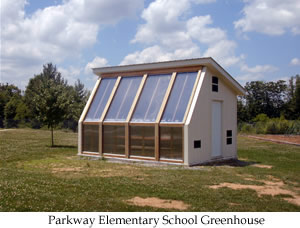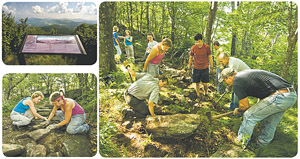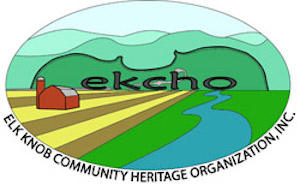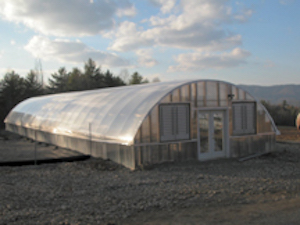Community and regional engagement-- locally and internationally--has been part of the original design of the Sustainable Development Department from its inception in 1991. Some of the first outreach projects taken on my the department include:
- Student internships in Honduras, Guatemala, and Mexico.
- Hosting the Rocky Mountain Institute: a two-day training workshop on the principles of rural community sustainable development, funded by the Z. Smith Reynolds Foundation in 1992.
- A major study and report titled "Toward a Sustainable Economy in Western North Carolina: Ashe and Watauga Counties, completed with funding from the Z. Smith Reynolds Foundation in 1993.
- Carrying out participatory community assessments in Cove Creek, entitled "Cove Creek Resolves: A community Assessment of Needs and Priorities in 1997, and in Shawneehaw titled "Remembering the Past, Shawneehaw Looks to its Future" in 2002.
- Sending a delegation to the UN Commission on Sustainable Development in 1997.
- Signing the Teillors Agreement, making ASU one of the first 55 United States universities, and among the first 350 universities worldwide to create the University Leaders for Sustainable Development in 1997.
- A leadership role in the establishment of the Appalachian Coalition for Just and Sustainable Communities in 2000.
More of our early outreach work:
 The Parkway School
The Parkway School
A Research and Educational Greenhouse
In 2002, a research and educational greenhouse was constructed at Parkway Elementary School. This greenhouse utilizes a unique absorption/collection configuration designed by faculty in the Sustainable Development Department. The focus is to enable year-round growing, even in cold climates and the performance data has been very promising. The greenhouse has been a successful project to connect University researchers with K-12 educators.
 Elk Knob State Park
Elk Knob State Park
Sustaining Communities through Partnerships in Preservation
The Sustainable Development Department, New River Headwaters residents, regional land preservation organizations and the state created a partnership to protect the environmentally & culturally rich region surrounding Elk Knob. This area is home to rare southern red spruce stand, is a headwaters region, and offers one of the highest peaks in North Carolina.
The establishment of the Elk Knob State Park has been defining achievement of Sustainable Development Outreach. The program continues to foster and engage students and community through internships, class work days, and by maintaining relationships for future efforts within the area. The Nature Conservancy and the North Carolina Department of Environment & Natural Resources are valuable partners in continuing these efforts.
 Elk Knob Community Heritage Organization (EKCHO)
Elk Knob Community Heritage Organization (EKCHO)
Community Based Non-Profit
In addition to being a place of natural beauty and rarity, the Elk Knob community boasts a vibrant cultural heritage. As these communities are faced with change in a dynamic economy, the Sustainable Development Outreach sought and received funding from the Z. Smith Reynolds Foundation to establish a community non-profit dedicated to ensuring a sustainable future. Established in 2007, Elk Knob Community Heritage Outreach (EKCHO) applies sustainable development principles to assist communities in preserving their heritage.
 Appalachian native plants (ANP)
Appalachian native plants (ANP)
Native Plants, Relocalizing Food Systems, & Agricultural/Economic Support
Established in 2006, this non-profit is a community development organization committed to growing and distributing local, native plants, the relocalization of food systems in the High Country, and assisting local farmers. The Sustainable Development Department is an academic partner of this robust non-profit which includes two large passive solar greenhouses and is located in Johnson County, TN on a closed landfill. Since 2008, ANP has hired and/or provided internships for five SD/ASU students. The current executive director received her Masters in Appalachian Studies/Sustainable Development.